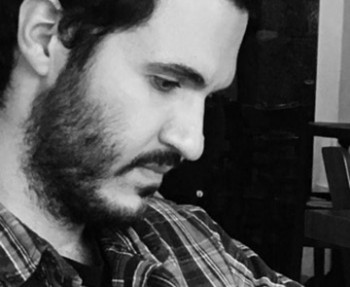Thursday 11/01/2024
Honey
The valuable gift of nature
Rock paintings in caves dating back 8000 years show people using honey, however the first record is placed in 2400 BC. Honey has been a traditional medicine in many cultures around the world for centuries. Hippocrates singled out honey for its healing properties and recommended it as a medicine. In addition to the Greeks, it seems that other cultures such as the Egyptians and Indians considered it a healing ingredient.
Honey is produced by bees using the nectar of flowers. Depending on the flowers that are found in the specific area, the honey differs in terms of color, taste, purity, sugars and partly the nutritional value, which is why there are many varieties of honey.
Unprocessed and unfiltered honey (raw) contains traces of wax yeast and pollen and is rich in enzymes. Raw honey crystallizes. Pasteurization destroys the yeast in the honey as it is done with high heat. Processed honey does not crystallize. However, some active ingredients such as enzymes are destroyed.
Honey consists of two monosaccharides (glucose and fructose) and is rich in various minerals, proteins, vitamins (E, K, A B2, B6, C), organic acids, flavonoids, phenolic acids and enzymes. The contents of the above components tend to vary depending on the weather and geographical conditions of the main source of honey, i.e. pollen in the area where the bees forage.
There are numerous studies that prove the properties and beneficial benefits that honey has for human health. Honey strengthens the immune system, has antioxidant, antimicrobial, healing, anti-inflammatory, anti-cancer, immunosuppressive and cardioprotective properties. It also acts as a prebiotic, is an excellent natural source of energy and is considered a beauty elixir. It contributes to the good health of the gastrointestinal tract and to the treatment of hangovers as its fructose content accelerates the metabolism of alcohol by the body. Takes care of oral hygiene and fights bad breath.

 English
English
 Ελληνικά
Ελληνικά Русский
Русский
 Posted by
Spyros Papapetros
Posted by
Spyros Papapetros






